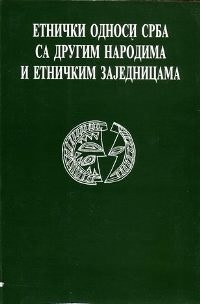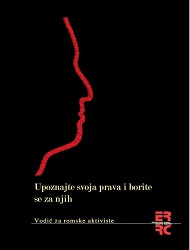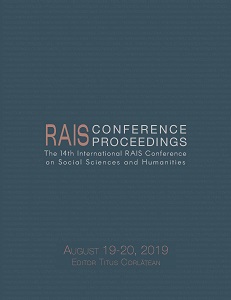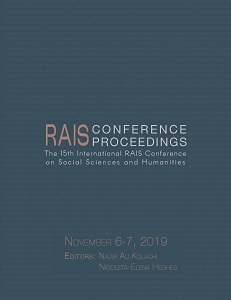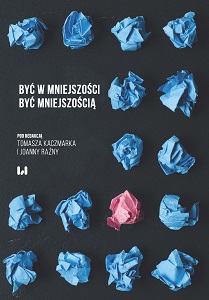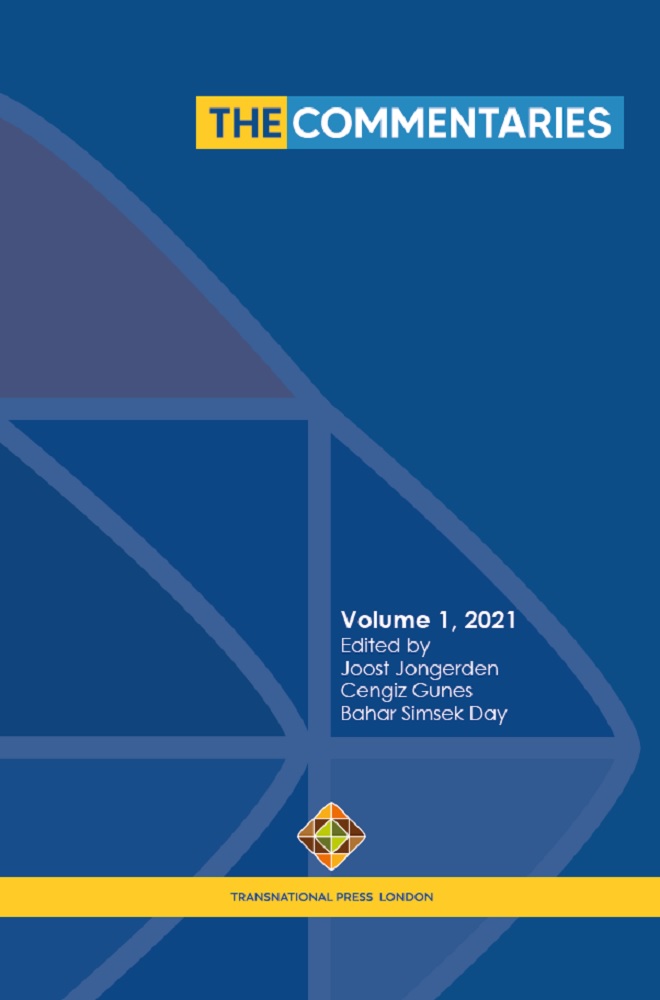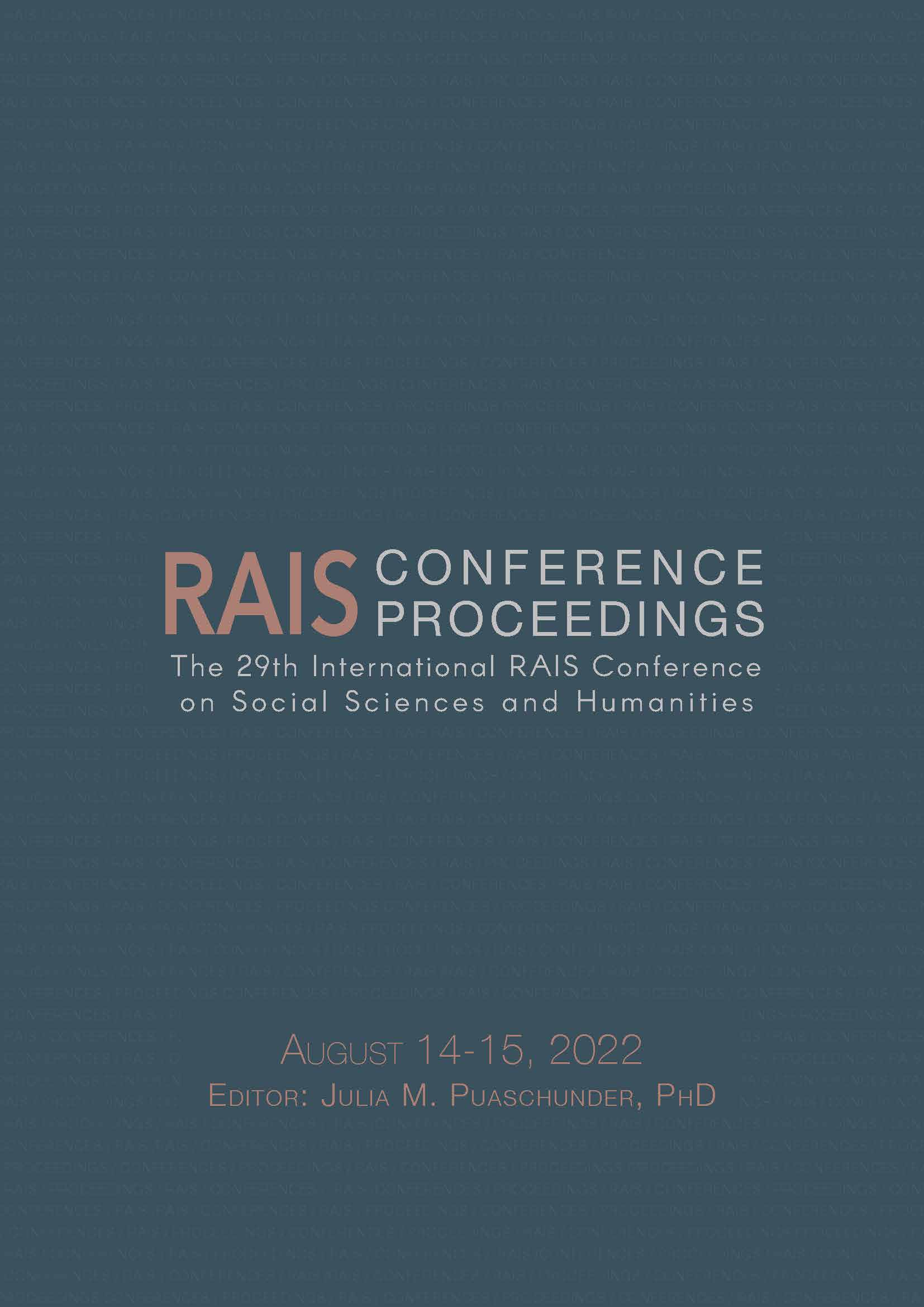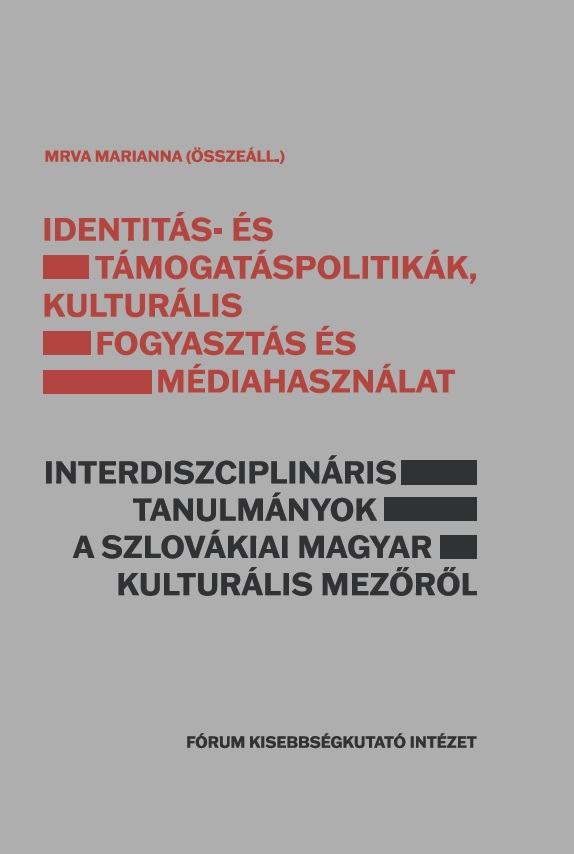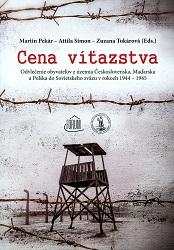
Odvlečenie maďarského obyvateľstva z územia Podkarpatskej Rusi
At the end of the World War II took place the most tragic events of the Transcarpathian Hungarians. According to the Doctrine of Collective Guilt the consequences of the lost World War for ten thousands of people belonging to these ethnics there were deportations and forced labour. The Soviet will to punish the Hungarian and German nations was also obvious in the case of Transcarpathia, as Stalin decided to attach this territory to the Soviet Union. According to professional opinions the biggest ethnical clean up in the territory of Hungary at the time took place in Transcarpathia in order to annex the area to the Soviet Union smoothly. Systematic, ruthless imposition of the Soviet regime began in Transcarpathia in October 1944, when the soldiers of the Soviet Army, exactly the 4th Ukrainian Front appeared in the region. The aim of the paper is to present the main aspects of the deportations of Hungarian civilian population from Trasncarpathia.
More...
